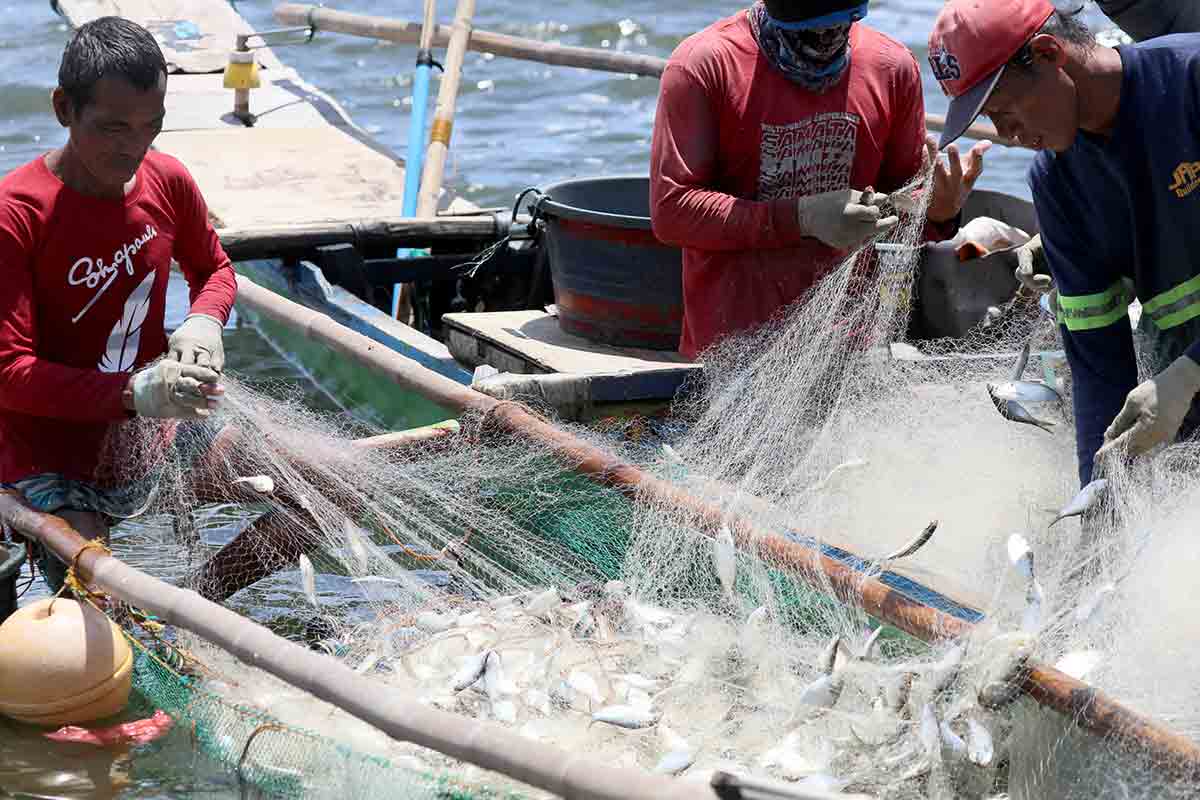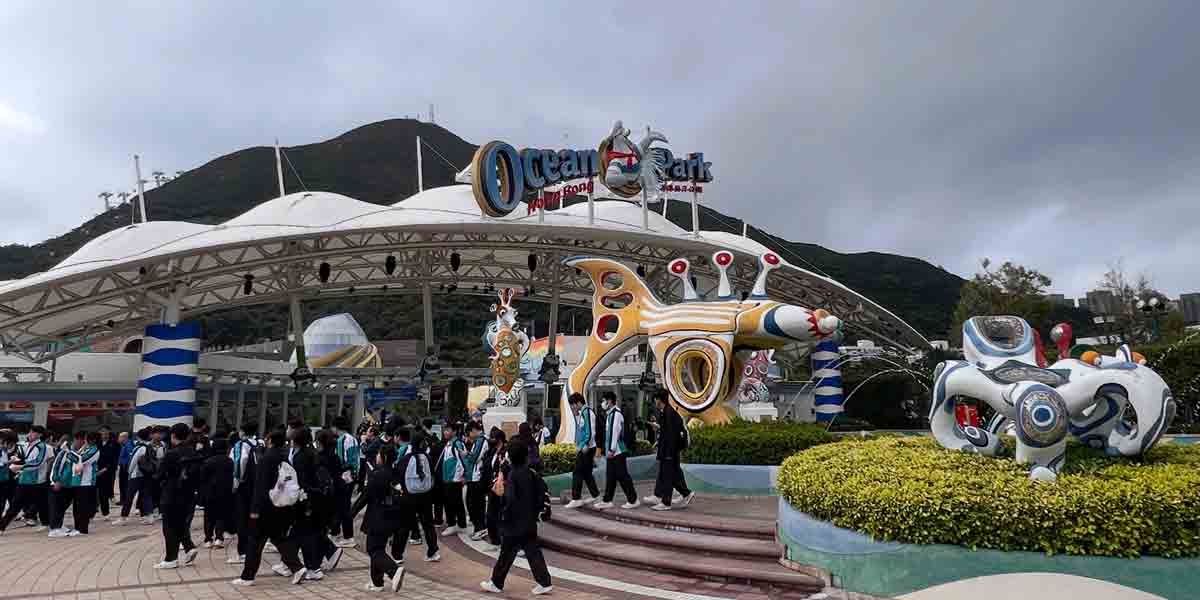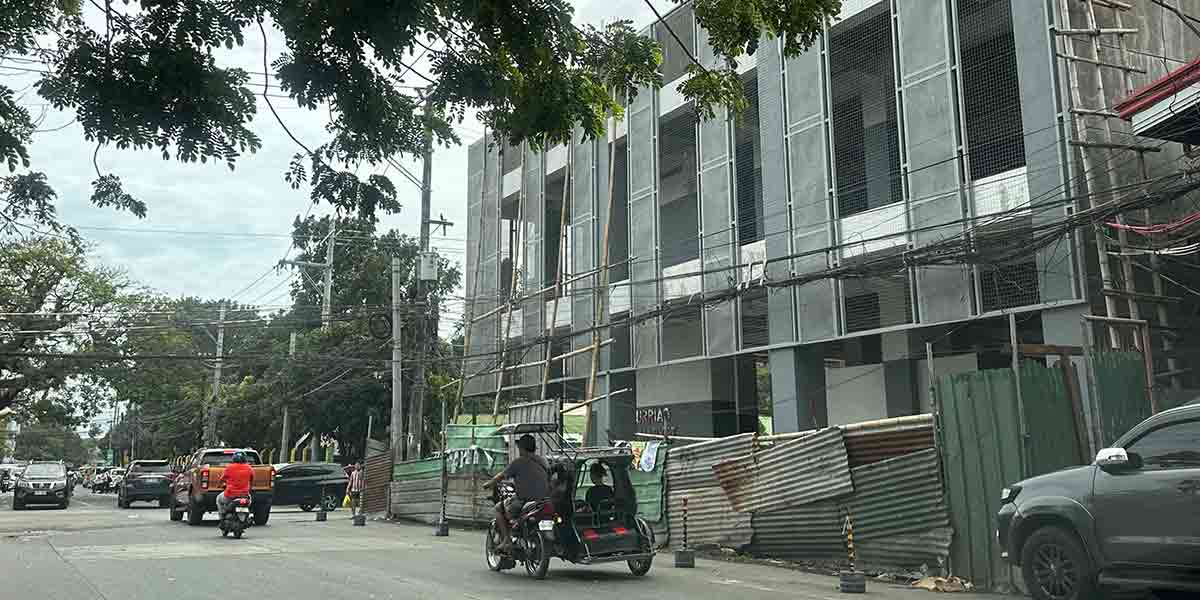
By: Ricky Alejo
RESIDENTS of the island province of Guimaras appealed to the national government to reconsider its policies so that life, particularly commuting to and from the island, will return to normal.
This was the central call of Guimarasnons led by Hugpong Guimarasnon when they simultaneously conducted candle-lighting ceremonies at the wharves of Buenavista and Jordan in Guimaras and Parola, Iloilo City evening of Sept 3, 2019.
The date is significant because it commemorates the month-long agony and at the same time resilience of Guimarasnons after the sea tragedy last Aug 3 which claimed the lives of 31 persons as well as paralyzed the operations of pump boats plying Guimaras and Iloilo City.
The 30-minute event was solemn.
A sizeable crowd composed of motor banca owners and crewmembers, tricycle drivers, business owners, local officials, religious, and commuters gathered at Jordan Wharf where they said prayers, lighted candles and turned on their cellphone flashlights to lament the agonizing condition of commuting to and from the island to Iloilo City as well as its impact to the local economy.
In both protest and lamentations, the pump boats blew their horns for a minute, hoping that the divine, if not those in government, will hear their prayers and appeals.
Delia Gabales Filamor of Hugpong Guimarasnon called on the public to join the peoples’ initiative to turn the commuters’ daily lamentations into an appeal by signing a petition that would call on the Philippine Coast Guard and Marina to reconsider their orders as regard the intermittent trips of motor bancas.
Pump boats were allowed to sail but with conditions, one of which is they must roll up the roof regardless of the time and weather of the day.
Ofelia Canja, president of the Jordan Motor Bancas Cooperative (JMBC), thanked the public for showing support to the pump boat operators, owners and sailors.
Canja lamented the “misplaced” conditions set by Marina to pump boat operators in order to be allowed to resume their trips.
She also lamented that while operators can afford to replace wooden boats with steel hulled ships, the ports are now occupied with modern sea vessels.






















